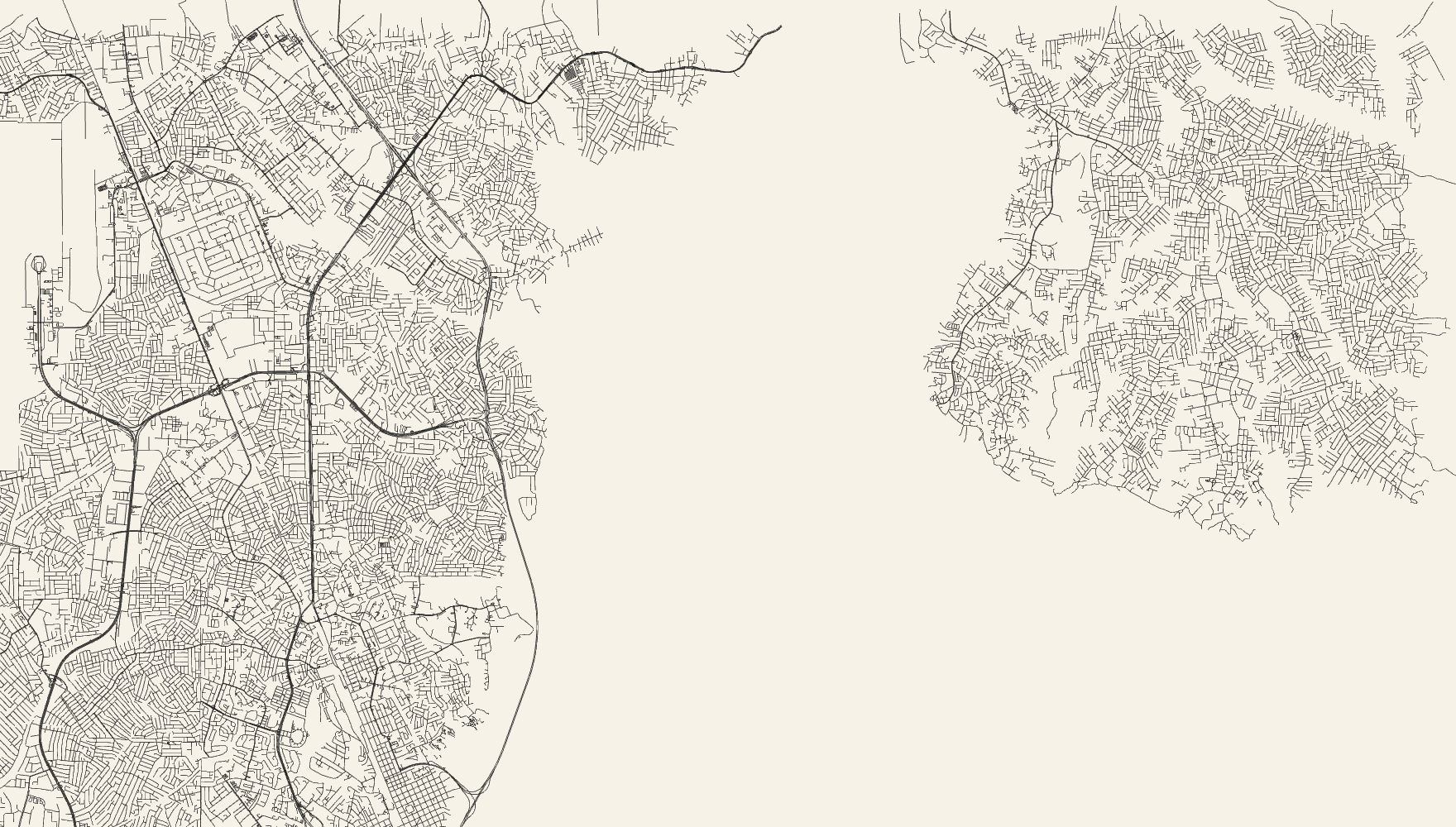
The way in which most businesses approach privacy issues is far from ideal and more often than not self-defeating. Compliance with data regulations has imposed itself as the central part of the work when privacy really is a product concern: as aspect you work on to make your product better and increase your revenue. How can we fix this?

Improved privacy for children is sorely needed, but designing it so that it is broadly applicable and enforceable without either creating risk for children or encouraging businesses to find ways to not know that children are using their services is hard. I think that there might be a way forward, however!

As I’ve mentioned before, I’m an avid reader of L.M. Sacasas’s Convivial Society which I feel offers some of the best thinking on technology while always remaining clear and accessible, with no sensationalism and an abiding humanity. So when Mike wrote in the latest instalment (III.9) that he was offering seven theses “less cautiously formulated” with the thought that they might elicit some responses, I found jumping in hard to resist.

Towards the end of December, news enthusiasts can relish the awe-inspiring annual spectacle of Year in Review pieces migrating majestically across the media landscape. In the privacy ecosystem, a similarly-choreographed opining ballet takes place every year around May 25 as we collectively propound theories as to why the GDPR hasn’t solved the climate emergency and made us all good at karaoke just yet.

In this digital hellscape of ours, what is it that we talk about when we talk about privacy? We talk about power. Concentrations of data are concentrations of power, or, as the freshly-minted first public draft of the W3C’s Privacy Principles states, “asymmetries of information and of automation create commanding asymmetries of power.” That’s the problem to which privacy is the solution.

The W3C is nearing its 30th year of existence, and the Consortium’s community is working on reforming it. All of the proposals made to date assume that it will remain a membership organisation — I have a different suggestion.

For the longest time, word was that the Web would free the world; now, it seems as if most of the world wants to liberate the Web. I believe that we can tackle decentralisation and antitrust more effectively by developing a pragmatic and concrete approach to capture resistance inspired by the methods of cybersecurity.






